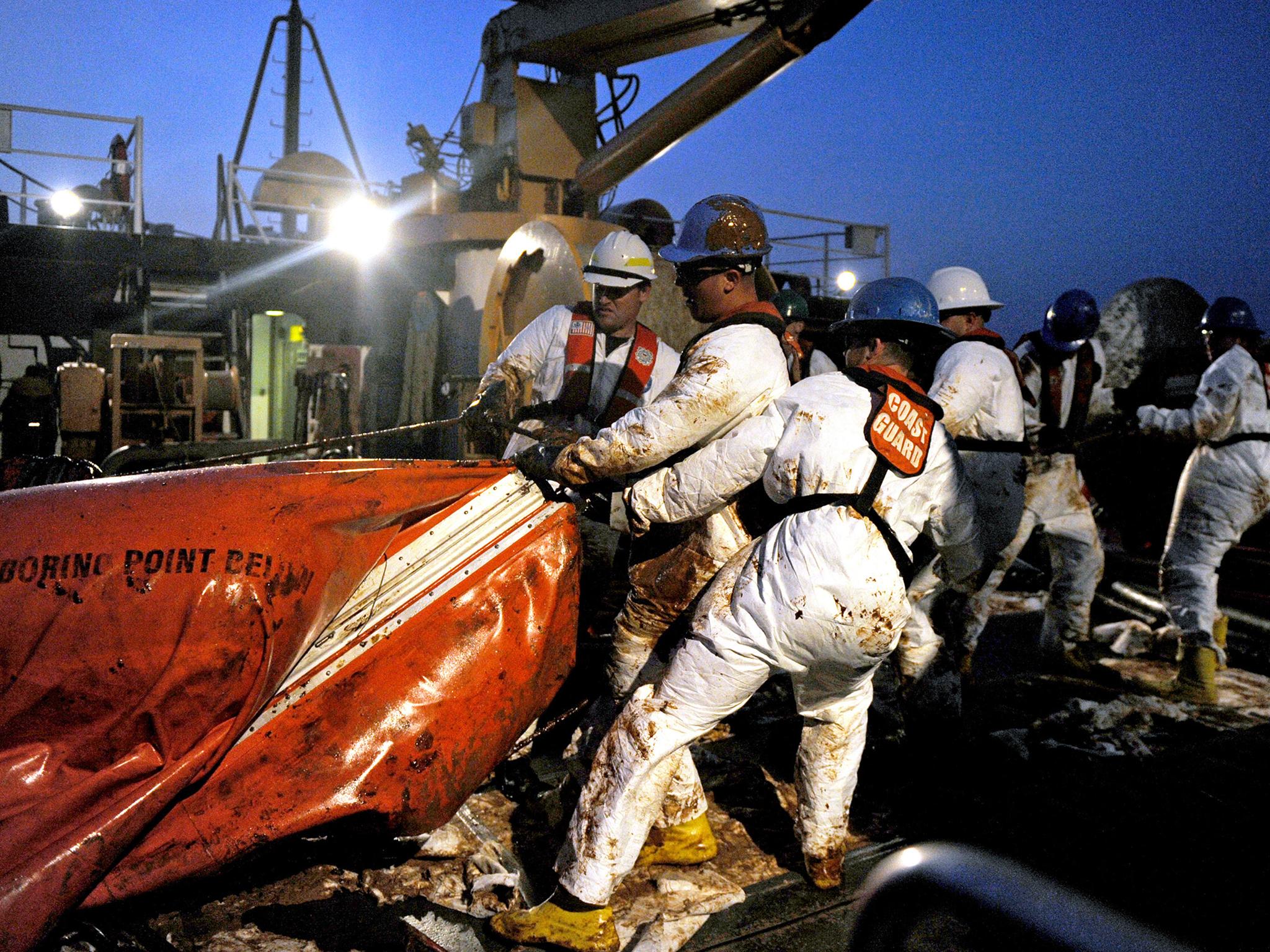This week in London, the Oil and Money conference will roll out the red carpet for human rights abusers across the world
The 'new scramble for Africa' has seen 101 companies listed on the London Stock Exchange, most of them British, which now collectively control £800bn worth of Africa’s most valuable resources

This week in London, executives from major oil and gas companies from across the world will meet for the ‘Oil and Money’ conference. The theme of this year’s meeting: 'Boom, Bust and Beyond: Strategies for Survival’.
But whose survival are we talking about: that of an industry that breeds havoc and misery for so many people or the survival of communities that simply seek justice and to live the dignity? We cannot have both.
As industry delegates discuss the challenges of the “oil price downturn” and their “strategies for survival,” it is patently obvious that the continued success of these companies is predicated on the devastation of the environment and with it the destruction of communities in the global South.
The annual event is a kick in the teeth for the communities of the global South that are being driven off their land and forced to endure the destruction of their environment and exhaustion of their natural resources on which they depend.
Consider Colombia, where in one region alone (Casanare), the operations of some of the world’s major oil companies have proved devastating - from construction of pipelines which have led to soil erosion, spoiled crops and polluted fish ponds, to the financing of the Colombian army during a time when the army’s documented link to paramilitary death squads was said to have triggered the assassinations of over 3,000 community members and trade union activists.
Or take Algeria, where despite the horrific civil war during the 1990s, oil and gas companies such as BP and Total signed lucrative contracts that bolstered the government as it unleashed violence across the country. By putting their profits first, these companies were complicit in the Algerian regime’s “dirty war”.
While the UK declares itself a “climate leader”, it is the country with the greatest historical responsibility for climate change. It’s a scandal that London should play host to morally bankrupt companies whose fortunes rest on a neo-colonial carving up of the planet, leaving trails of human rights abuses in their wake. Yet it is unsurprising.
Successive UK governments, whether Labour or Conservative, have long used their power and influence to ensure British mining companies gain access to the world’s raw materials. The “new scramble for Africa” has seen 101 companies listed on the London Stock Exchange, most of them British, which now collectively control £800bn worth of Africa’s most valuable resources. This is a situation made possible through the UK government’s trade and investment policies, and the ever revolving door between Whitehall and British mining companies.
Predictably, this all comes at cost, and – surprise, surprise – that cost is not borne by those sinking the free booze and scoffing the complimentary canapés in London this week.
In Africa, British companies are at the forefront of environmental degradation whose mining operations have been associated with killings, forced resettlement programmes and labour rights abuses.
‘Oil and Money 2016’ is not a conference; it’s a crime scene. The UK must stop rolling out the red carpet for those complicit in dodgy dealings and whitewashing of crimes against humanity; it is an unsustainable situation in every sense of the word.
Seb Munoz is the International Programmes Officer at War on Want
Join our commenting forum
Join thought-provoking conversations, follow other Independent readers and see their replies
Comments
Bookmark popover
Removed from bookmarks